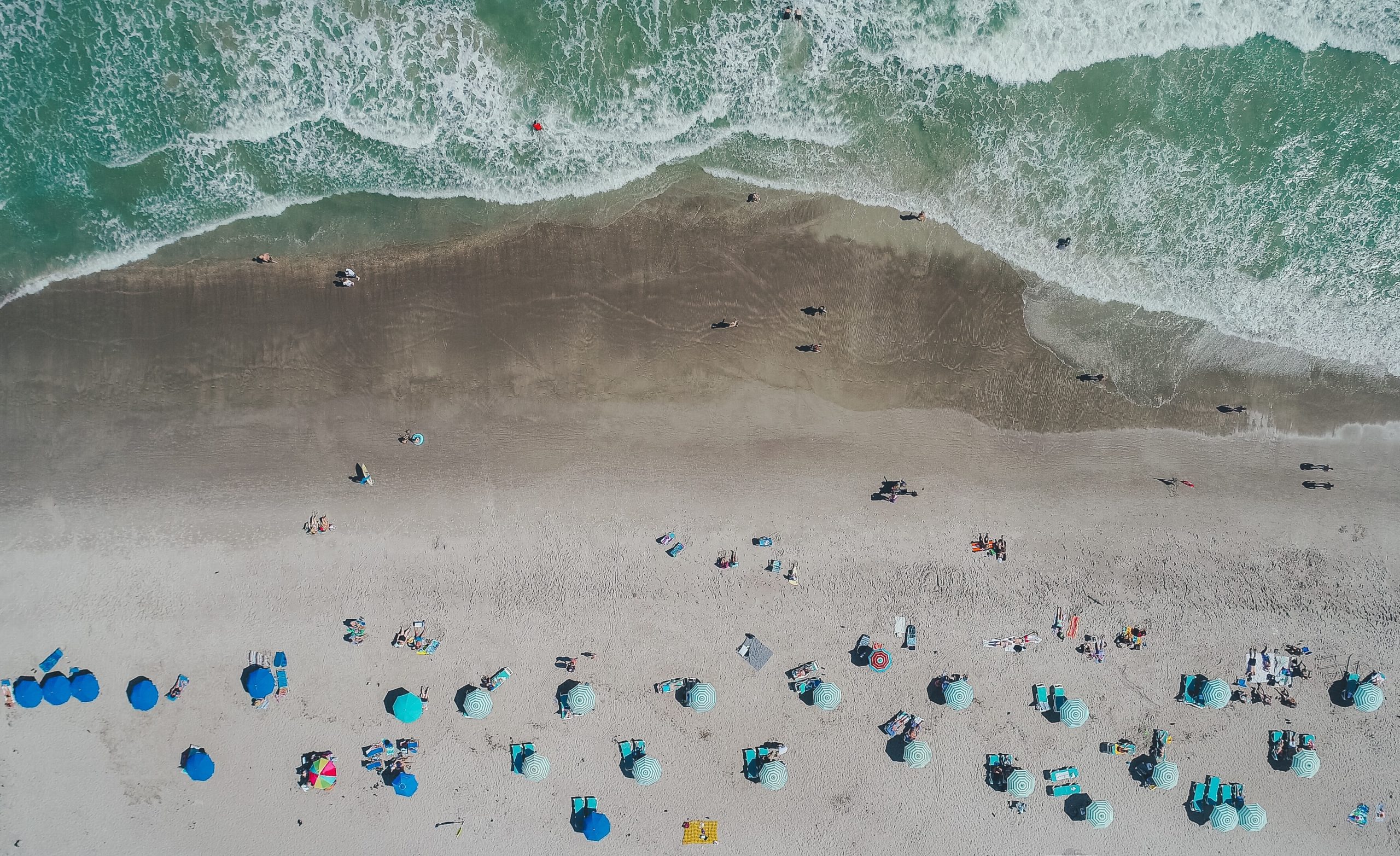European tourism has recovered, but Brits are arriving back on the Spanish Mediterranean coast to find their fun curtailed by restrictions meant to rein in the notoriously bad behaviour of Spain’s UK guests.
Despite efforts to cultivate a more wholesome holiday environment, more regulations still need to be implemented, according to local tourist authorities.
For many international travellers, Spain’s Mediterranean coast is the ideal destination for a week of sunny relaxation and fun, often at an all-inclusive resort. The UK is the primary provider of tourists to Spain’s beaches; in April alone 20% of the 6.1 million tourists who arrived came from the British Isles. While the majority enjoy peaceful, family-friendly vacations, there is a strain of beach tourist notorious for their raucous behaviour, as drunken, half-naked hooligans partying on boardwalks. The British in particular have developed a reputation for enjoying “drunk tourism.”
The wild partying sometimes turns violent, particularly when there’s a football game, or deadly, when a tourist decides to jump into the hotel pool from a balcony stories above. In 2018, in the Balearic Islands alone, 7 tourists died and 24 were seriously injured either from falls or auto-related accidents. In most cases, the victims were inebriated and left alone by their friends.
The local government of the Balearic Islands, one of Spain’s tourism hot spots, runs campaigns every summer to encourage tourists to behave themselves. This year’s theme is “stick with your mates,” and the opening was attended by the British ambassador, Hugh Elliot, whose presence attested to the British connection to such problems.
But now British and other tourists are encountering more than advice.
In some places in the Balearic Islands, guests at all-inclusive resorts are limited to six alcoholic drinks per day—three in the afternoon and three in the evening. Those caught off guard have taken their complaints to social media, as well as to their travel agency. The vacation companies EasyJet and Tui have started advising clients about which resorts have restrictions, and offering to change their reservations.
Some cities have also put dress requirements in place.
Malaga, Barcelona, and Palma de Mallorca have banned walking on city streets in bikinis or swimming trunks. Being caught dressed inappropriately can result in a €300 fine. The dress requirements were put in place after tourists were blamed for lowering the tone of the cities by walking the streets in nothing but swimwear.
Restaurant owners in Playa de Palma in Mallorca, one of the Balearic Islands, have also instituted their own dress codes. Football shirts have been banned and patrons are required to wear shirts. Those merely wearing a swimsuit will not be served.
The discussion in Spain about how to exchange the “turismo de borracho” (drunk tourism) for a more calm, cultured, and elite international guest has gone on for years, intensified by the pause in the industry caused by the pandemic.
Unfortunately, the new restrictions have not proven enough to tame the wild tourism of cheap alcohol and fun in the sun.
According to the Mallorcan press, Pepe Tirado, president of Acotur in Magaluf in the Balearic Islands said that “much more needs to be done to change the image of this place.”
“The tourism model will only improve by putting order in the streets. I am very sorry to say that we have started the season with the same problems,” Tirado said. “Is the tourism model changing in all-inclusive hotels? Why insist on what is not true? I repeat: the model is only going to change by improving order in the streets. And this is not happening because of a lack of police.”
But discouraging tourists is not in Spain’s interest either. In 2019, tourism generated 12.5% of GDP, and post-pandemic visitors continue to be necessary for Spain’s economy.





